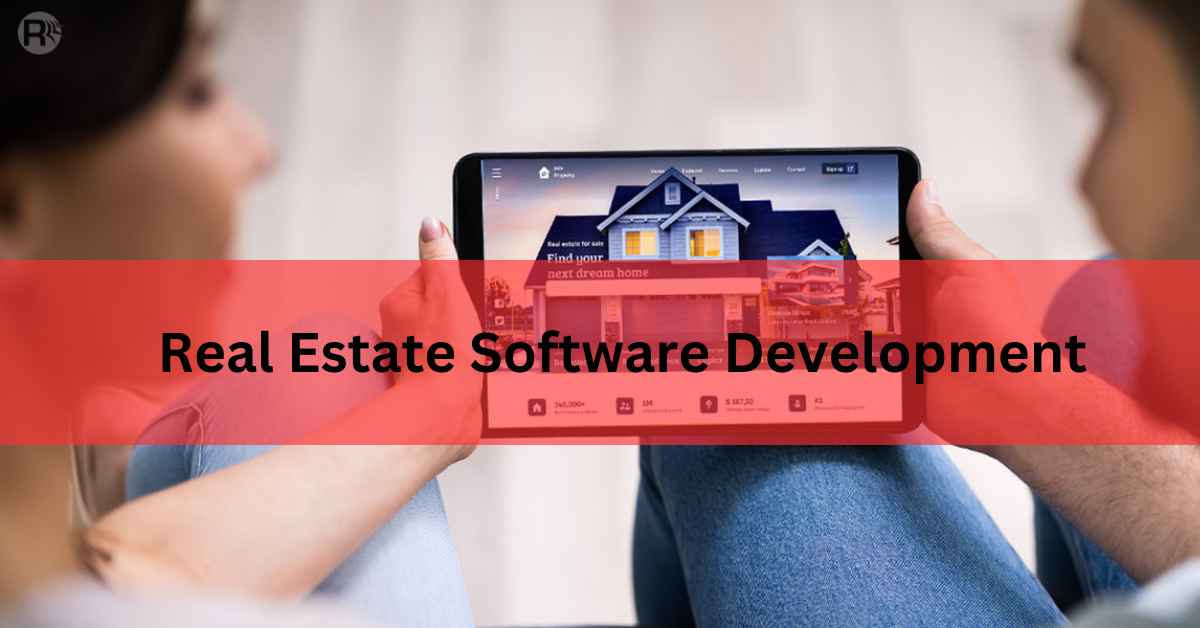Real Estate Software Development – Transforming the Property Industry
The real estate industry has undergone a significant transformation in recent years, driven in large part by advancements in technology.
From property management to sales and marketing, real estate software development has played a crucial role in streamlining operations and enhancing the overall customer experience.
In this article, we will explore the world of real estate software development, highlighting its impact on the property industry and the key areas it influences.
1. Property Management Systems
Property management software has revolutionized how real estate professionals handle day-to-day operations. These systems provide a centralized platform for property managers to efficiently manage properties, tenants, leases, and maintenance tasks.
Benefits of Property Management Software
Efficient Tenant Management: Automate tenant screening, lease management, and rent collection, reducing manual paperwork and administrative overhead.
Maintenance and Repairs: Schedule and track maintenance tasks, facilitating prompt response to tenant requests and property upkeep.
Financial Management: Streamline accounting processes, track expenses, and generate financial reports for property owners and investors.
Data Security: Ensure the security of sensitive property and tenant information through encryption and access controls.
2. Real Estate CRM (Customer Relationship Management)
Real estate CRM software is designed to streamline customer interactions and improve lead management. It allows agents and brokers to track leads, communicate with clients, and automate follow-up tasks.
Key Features of Real Estate CRM
Lead Management: Capture, track, and categorize leads to prioritize follow-ups and conversions.
Communication Tools: Send automated emails and messages to nurture leads and stay in touch with clients.
Property Matching: Match client preferences with available properties, saving time and delivering personalized recommendations.
Analytics and Reporting: Analyze customer data to identify trends, measure sales performance, and make informed decisions.
3. Property Listing and Marketing
Online property listings are at the forefront of real estate marketing. Real estate software development has led to the creation of platforms and websites that enable agents and property owners to list, market, and showcase properties to a wider audience.
Features of Property Listing Software
Rich Media: Upload high-quality images, videos, and 3D tours to showcase properties in detail.
Search Filters: Allow users to refine property searches based on location, price range, features, and more.
Virtual Tours: Offer virtual tours of properties, providing a lifelike experience for potential buyers.
Mobile Optimization: Ensure that property listings are accessible and user-friendly on mobile devices.
4. Real Estate Investment and Analysis Tools
For investors and property developers, real estate software offers valuable tools for analyzing potential investments and assessing the profitability of real estate projects.
Investment Analysis Software Features
Financial Modeling: Create detailed financial projections, including cash flow, ROI, and property valuation.
Market Research: Access real-time market data and trends to make informed investment decisions.
Risk Assessment: Evaluate risks associated with specific real estate investments and develop mitigation strategies.
Portfolio Management: Track and manage a portfolio of real estate assets efficiently.
5. Property Valuation and Appraisal
Accurate property valuation is critical in real estate transactions. Software tools for property valuation and appraisal help professionals estimate the value of properties based on various factors.
Valuation Software Features
Automated Valuation Models (AVMs): Use data-driven models to estimate property values quickly.
Data Integration: Access property data, market trends, and comparable sales to refine valuations.
Appraiser Tools: Provide appraisers with digital tools to streamline the appraisal process and ensure accuracy.
Compliance and Reporting: Generate valuation reports that comply with industry standards and regulations.
6. Real Estate Blockchain Solutions
Blockchain technology is making inroads into the real estate industry, particularly in property transactions and record-keeping. Blockchain-based systems offer transparency, security, and efficiency.
Benefits of Real Estate Blockchain Solutions
Transparency: Transactions recorded on a blockchain are tamper-proof and transparent, reducing fraud risks.
Smart Contracts: Automate contract execution and payments, reducing the need for intermediaries.
Tokenization: Fractional ownership of real estate assets becomes feasible through tokenization, allowing broader investment opportunities.
Efficiency: Streamline property transactions, title transfers, and property records management.
7. Tenant and Resident Portals
Real estate software development extends to tenant and resident portals, enhancing communication and convenience for those living in rental properties.
Features of Tenant and Resident Portals
Rent Payments: Enable online rent payments and automate reminders to tenants.
Maintenance Requests: Provide a platform for tenants to report maintenance issues and track their resolution.
Document Management: Store leases, agreements, and important documents securely for easy access.
Community Features: Foster a sense of community by facilitating communication among residents.
Conclusion
Real estate software development has transformed the property industry, making it more efficient, customer-centric, and data-driven. Whether you’re a property manager, real estate agent, investor, or developer, there are software solutions tailored to your needs.
In a fast-paced industry like real estate, staying ahead requires embracing technology. Real estate professionals who leverage these software tools gain a competitive edge, streamline operations, and provide better service to clients. As technology continues to advance, we can expect even more innovative solutions to shape the future of the real estate industry.




